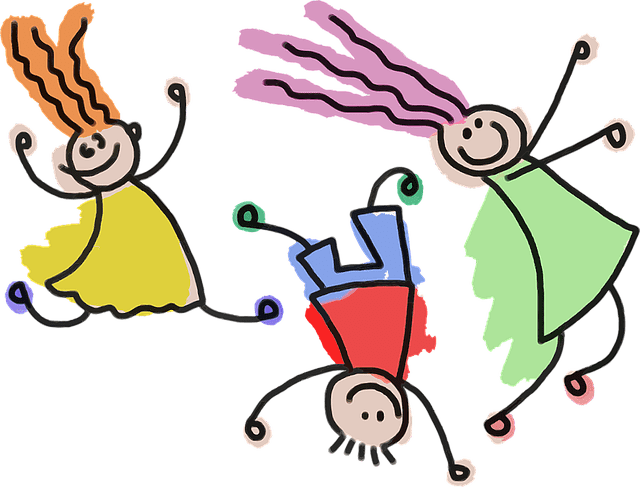Playing games helps children develop and practice skills needed as adults. Game play improves vocabulary, physical coordination, creative ability, and socialization skills (1). Humans are unique in their ability to cooperate with strangers while working towards a shared goal, such as when playing a game (2). This ability increases when people share a culture (2).
Games can be grouped based on their goals. Some games are meant to be played alone, some are competitions between players or groups of players, and others require cooperation within the group (2).
The types of games played also vary with culture (2). One study found that children of foraging cultures play work-themed games rather than play-based games, while those of farming cultures were more likely to play competitive games (3).
Researchers from the Max Planck Institute for Evolutionary Anthropology wondered what effect culture had on the type of games played. They recently completed a study which was published in the journal, Plos One.
The researchers tested three theories. First, foraging cultures play more cooperative games. Second, cultures with frequent community conflict play more cooperative games, while cultures with frequent war do not. Last, cultures with unequal distribution of wealth, education, or power do not play cooperative games as much as other game types (2).
Researchers pulled data from the AustroGames database, a database with historical data on games played by cultural groups between the 18th-20th centuries among the Austronesian language family (2). Austronesian languages are spoken in most of the Indonesian archipelago, Philippines, Madagascar, and island groups of the Central and South Pacific (4).
Statistical analysis was performed of data pulled from the AustroGames database to test whether the researchers’ hypotheses were correct.
The researchers’ data support most of the hypotheses. Land-based, foraging cultures were more likely to play cooperative games (2). This is consistent with cultures working together towards a common goal, finding food. Cooperative game play as children develops the skills that will be needed by adults in the real world. However, this association was not supported for sea-based foraging cultures (2).
Stronger associations were found in support of the second hypothesis. Cultures with frequent conflict in their own community played competitive games more often than cooperative ones. While cultures with frequent war against other cultures played cooperative games more often (2). Study author Sarah Leisterer-Peoples expanded on this idea in a press release, “In times of conflict with other cultures, group members have to cooperate with one another and compete with their opponents. This is reflected in the kinds of games that are played—games with competing groups. And when there’s a lot of conflict among the members of a group, they tend to play games that are competitive.”
Finally, the research did not support the hypothesis that social hierarchy affects the types of games played, cooperative or competitive. However, researchers feel further research might discover relationships not yet known (2).
References:
- Lestari PI, Prima E. The Implementation of Traditional Games to Improve the Social Emotional Early Childhood. Journal of Educational Science and Technology (EST). 2017;326:178-184. doi:10.26858/est.v3i3.4212
- Leisterer-Peoples SM, Ross CT, Greenhill SJ, Hardecker S, Haun DBM. Games and enculturation: A cross-cultural analysis of cooperative goal structures in Austronesian games. Brañas-Garza P, ed. PLOS ONE. 2021;16(11):e0259746. doi:10.1371/journal.pone.0259746
- Boyette AH. Children’s Play and Culture Learning in an Egalitarian Foraging Society. Child Development. 2016;87(3):759-769. doi:10.1111/cdev.12496
- Robert Andrew Blust. Austronesian languages | Origin, History, Language Map, & Facts. In: Encyclopædia Britannica. ; 2018. Accessed November 29, 2021. https://www.britannica.com/topic/Austronesian-languages
Image by OpenClipart-Vectors from Pixabay



